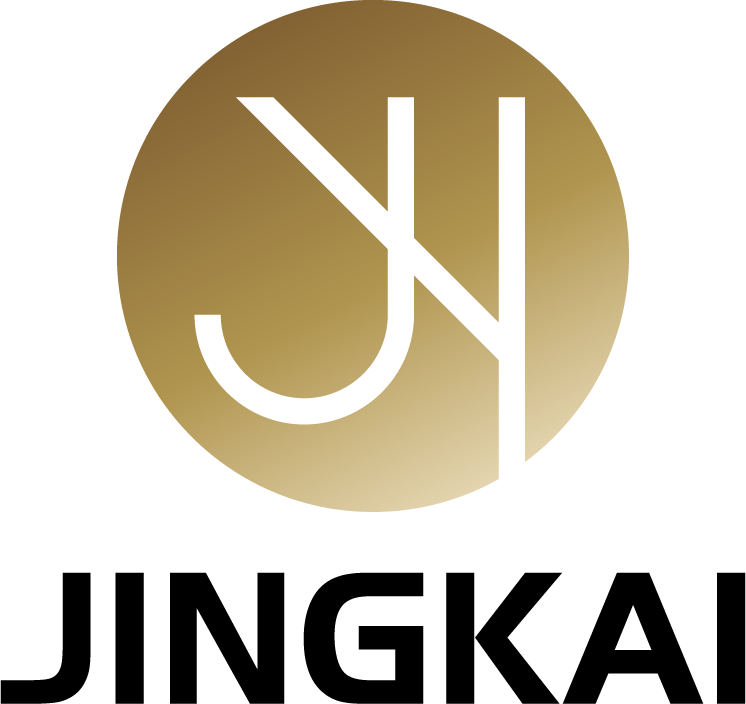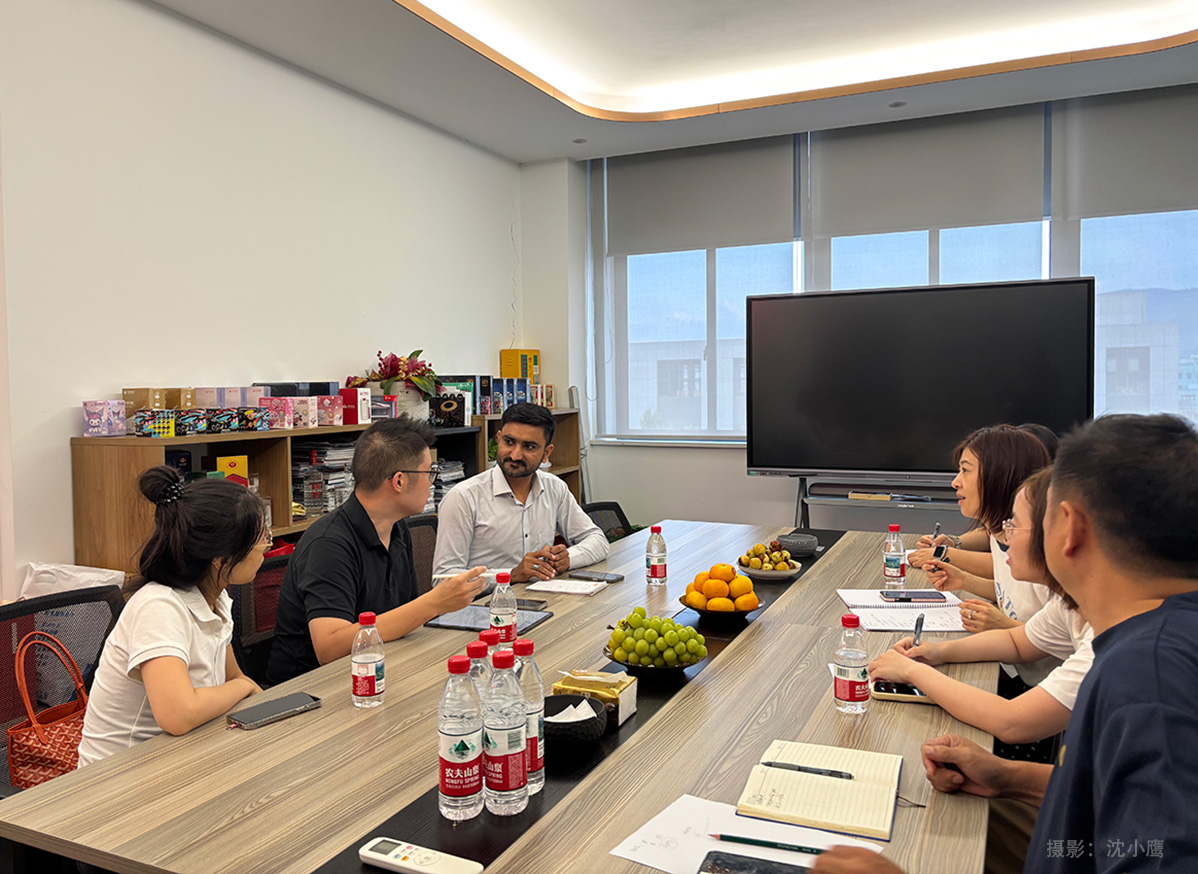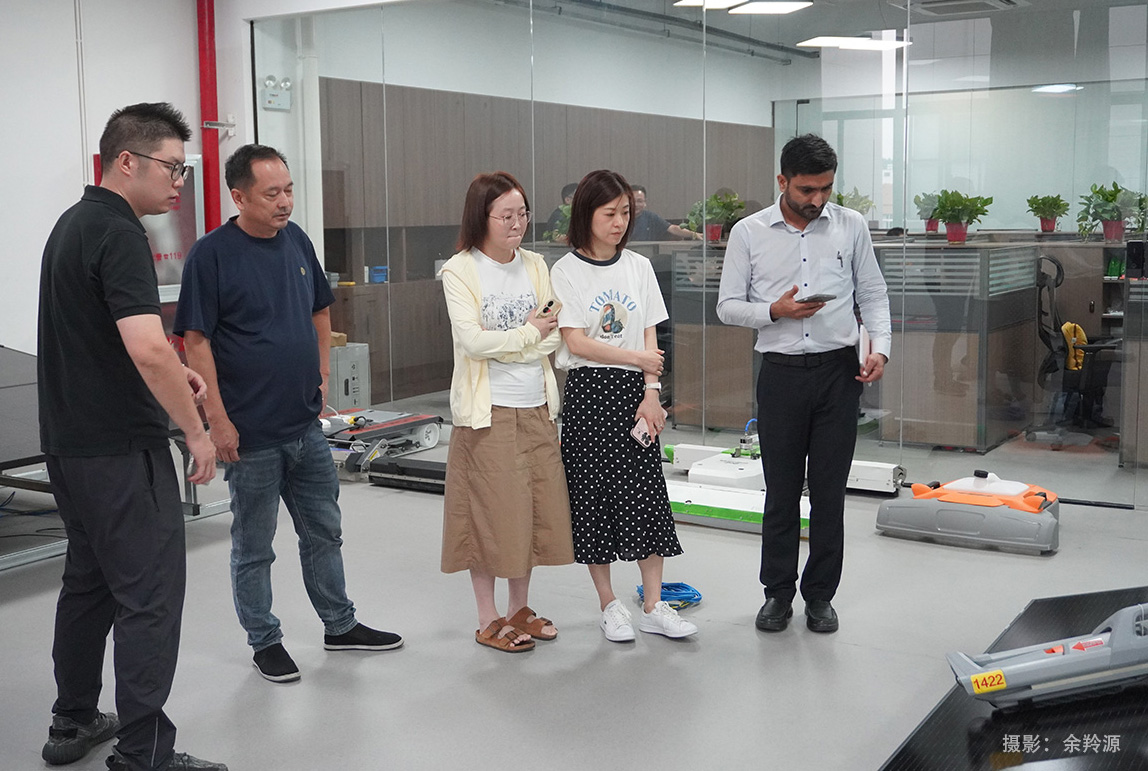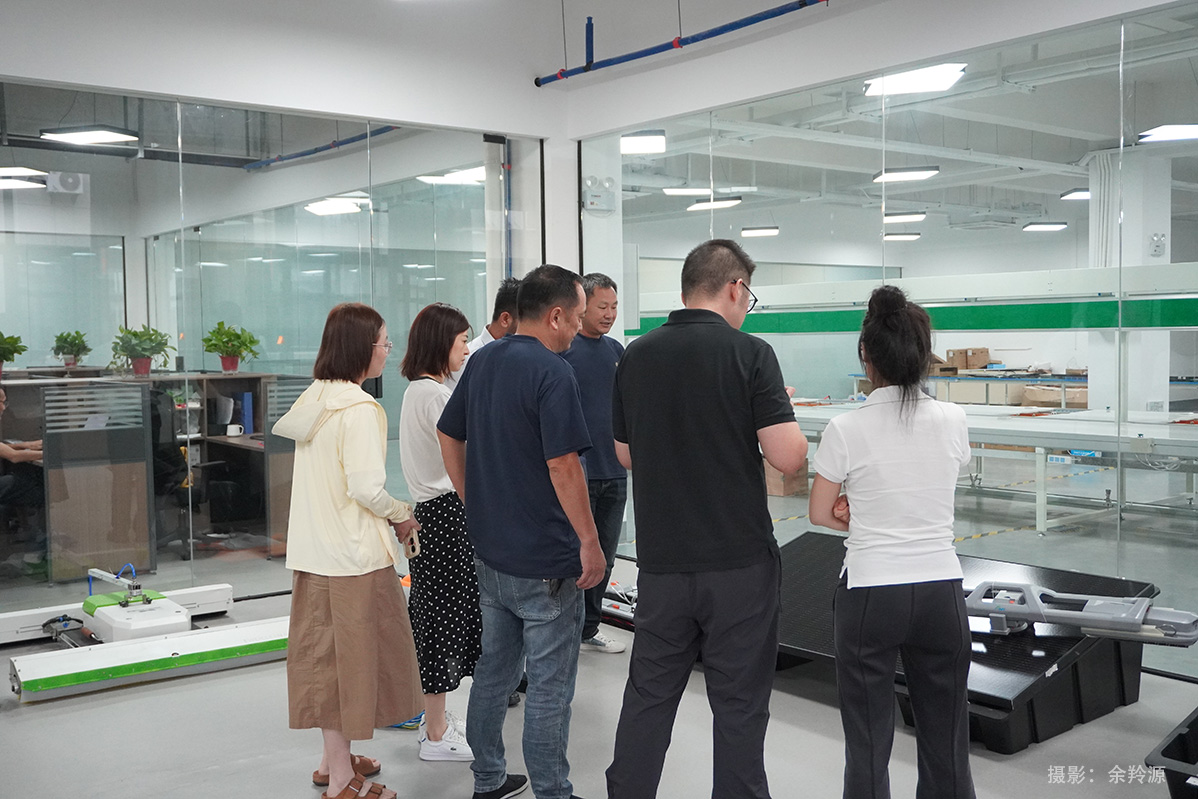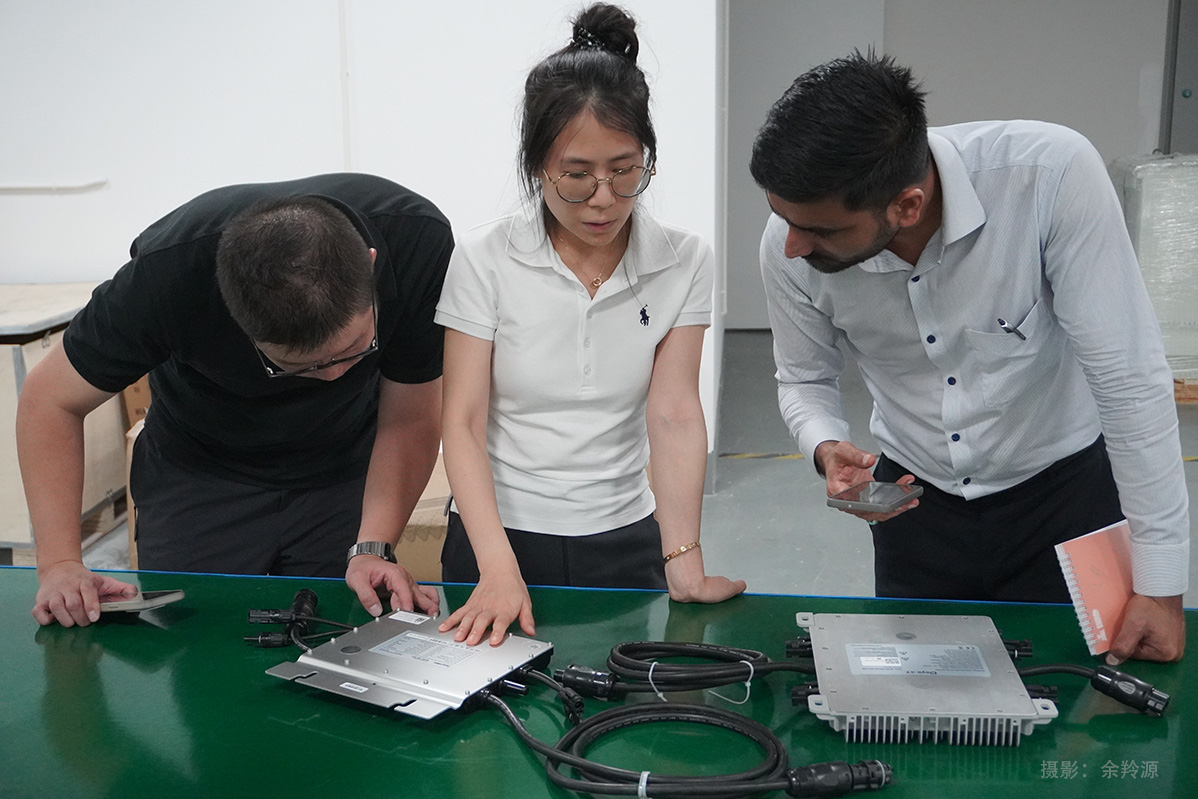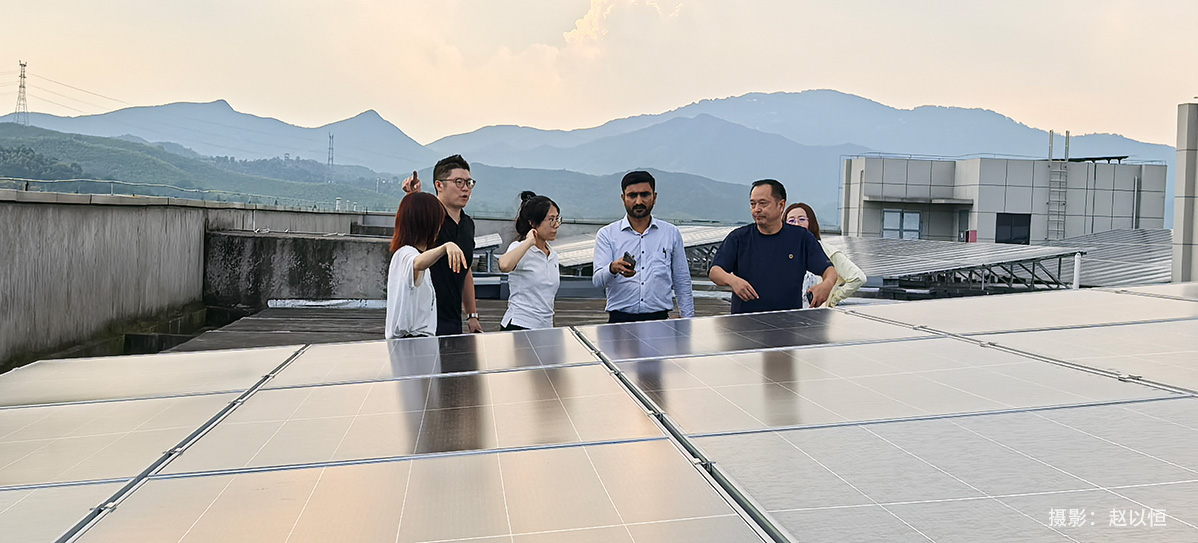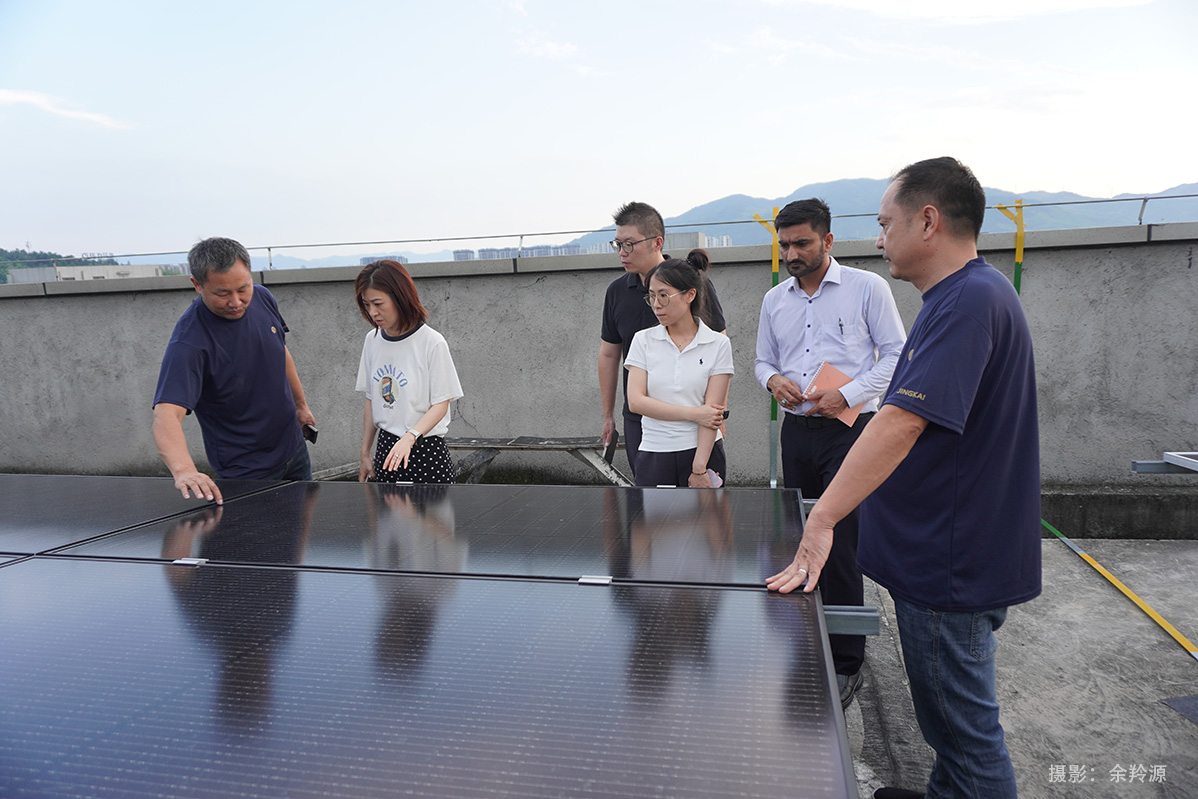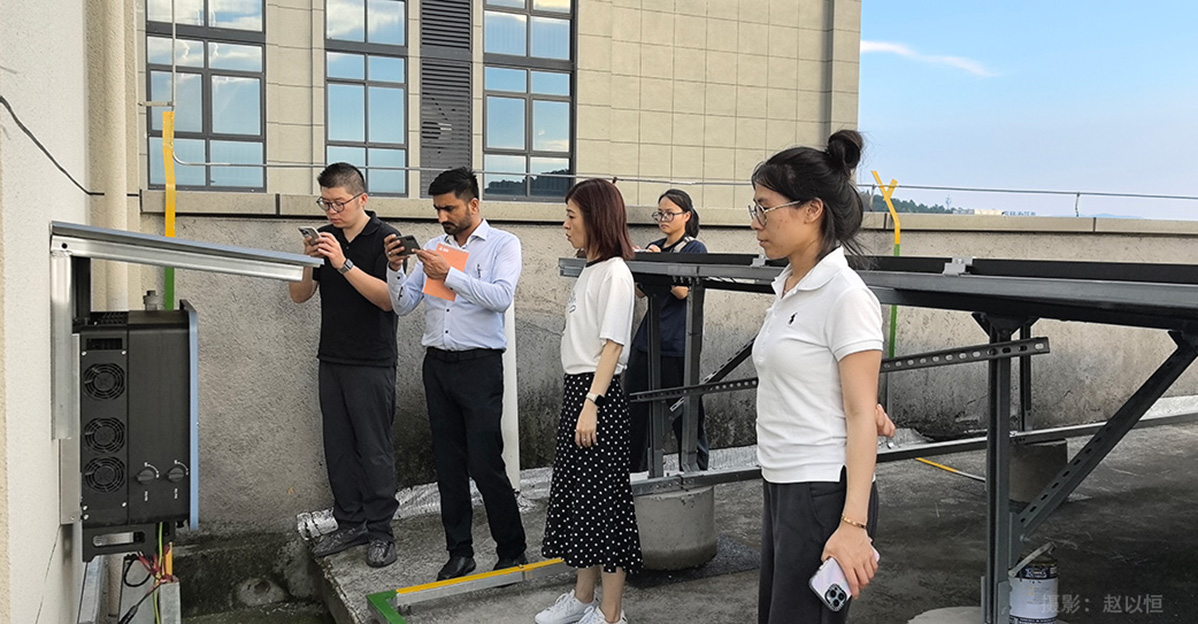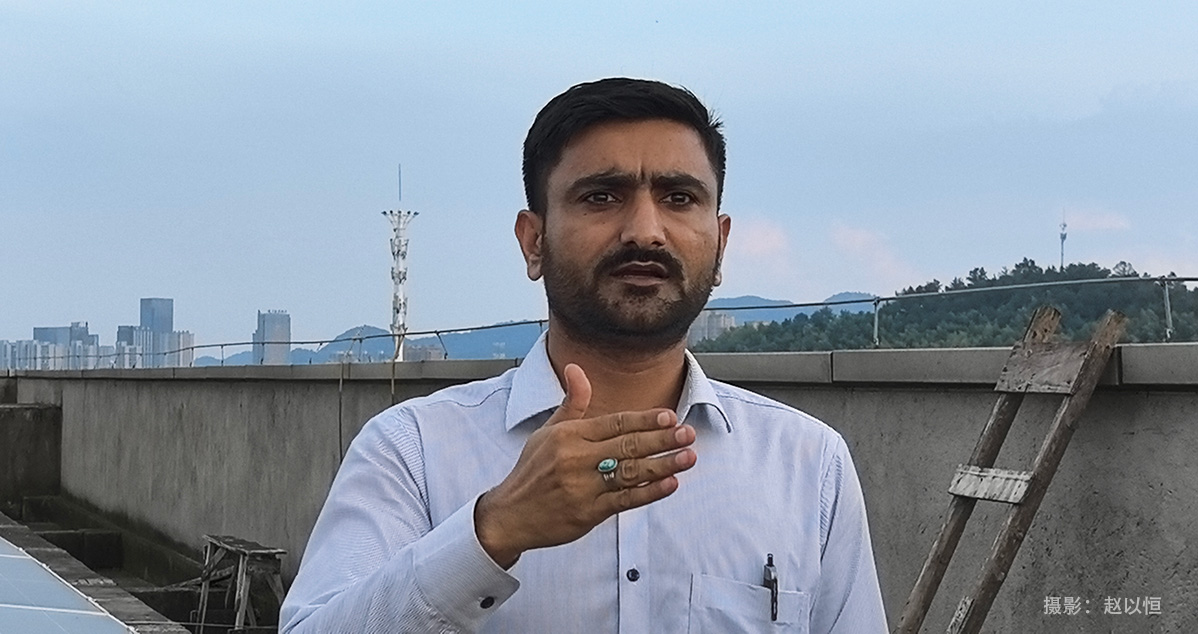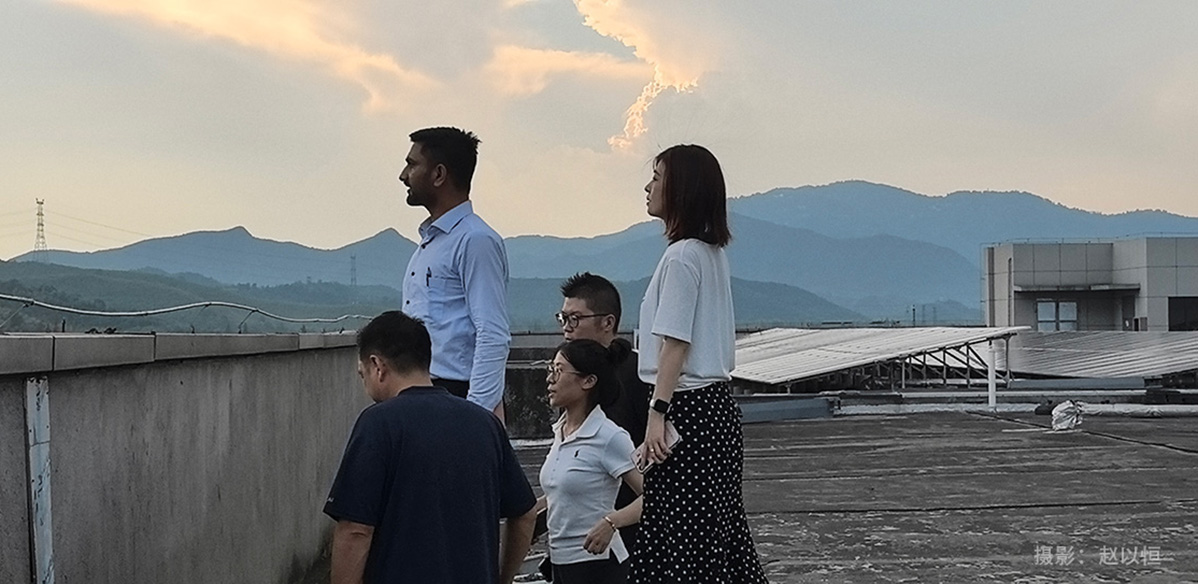Assist our Pakistani brothers: Solve the power - generation problem with new energy and jointly expl 二维码
10046
Finding the right new energy technology to solve the power generation problem has long been a challenge for Asad Mahmood, a Pakistani businessman. Mahmood came to China specifically to find reliable power solutions. In his home country, 60-70% of households already use rooftop solar panels for electricity generation. Pakistani households primarily use electricity for refrigerators, televisions, rice cookers, fans, and lights, requiring a stable power supply. Each household typically needs 5-10 kilowatts of generators and at least one day's worth of storage capacity to cope with power outages.
To gain a deeper understanding of new energy power generation solutions, Asad Mahmood visited Zhejiang Jingkai New Energy Technology Co., Ltd., to inspect the company's new energy products and technological capabilities. Wang Zhizhi, General Manager of the company's Foreign Trade Department, warmly received them throughout the visit and provided a detailed introduction to the company's product portfolio and service philosophy for overseas markets. From demand matching and solution customization to subsequent operation and maintenance, Asad Mahmood gained a clear understanding of the entire cooperation process. Subsequently, accompanied by Ms. Wang, Asad Mahmood visited the company's photovoltaic automatic cleaning robot, micro-inverter, and rooftop photovoltaic power station.
During the visit, Mr. Wang from the Foreign Trade Department, Mr. Fu from the R&D Department, and Mr. Zhao from the R&D Department provided explanations throughout the visit. They focused on introducing Asad Mahmood to the micro photovoltaic inverter, the photovoltaic cleaning robot currently in the testing phase, the rapid installation photovoltaic bracket, and the new photovoltaic panels, detailing their optimized designs in terms of power generation efficiency and wind resistance. They also provided a step-by-step breakdown of the installation and inverter technologies supporting the rooftop photovoltaic power station, from core parameters to advantages in adapting to different power usage scenarios.
Seeing that the automatic photovoltaic cleaning robot can efficiently clean the panels, ensure long-term stable power generation, and improve average power generation efficiency, Asad Mahmood stopped from time to time to communicate with everyone. Mr. Zhao introduced several photovoltaic panel cleaning robots that are currently being tested to the Pakistani brothers.
The Pakistani brothers visited the micro inverters and carefully examined the quality, features, and stability indicators of each inverter. General Manager Fu patiently answered their questions from the perspectives of market adaptability and technical principles, giving the Pakistani brothers a deeper understanding of the products' practicality.
According to our Pakistani friends, while there are solar panel suppliers in Pakistan, their products are of poor quality and easily damaged. Inverter prices are also prohibitively high, deterring many families from upgrading their electricity. Even more problematic are the frequent malfunctions of commonly used acid batteries and inverters, requiring battery replacement every 2-3 months, and the 220V voltage converter also often fails. Due to economic constraints, Asad Mahmood struggles to promote high-quality products from major brands, and purchasing compliant solar panels requires a month's advance order, a lengthy and frustrating wait. As a result, some Pakistanis are forced to purchase components on the black market and assemble them themselves. Even so, purchasing a 5-6 kW solar panel system locally, without a power reserve, costs an average of 12,000-18,000 RMB, a significant burden for ordinary families.
In the hometowns of the Pakistani people, houses are mostly around 120 square meters in size, with rooftops ranging from 30 to 60 square meters—suitable space for solar power installation. However, the high cost of solar mounting systems and the strong winds in the region make ordinary solar panels easily damaged, further complicating their solar power generation. The Jingkai New Energy products visited during this trip address these issues precisely: an automatic solar cleaning robot reduces manual maintenance costs, micro-inverters balance cost-effectiveness and stability, and the solar panels tested demonstrate enhanced performance. Mr. Wang also specifically mentioned that the company can provide customized installation and power generation solutions based on the rooftop dimensions and climate characteristics of the Pakistani region.
As the visit drew to a close, the Pakistani brothers asked sincerely, "Why are you able to do so well?" General Manager Zhao replied with a smile, "It's a spirit of pursuing excellence." Zhejiang Jingkai New Energy has always focused on the research and development of new energy technologies. Targeting the specific needs of the "Transit Elevated Bus" (TEB) users, the company's products offer significant advantages. In terms of power, they can provide high-power equipment to meet the daily needs of households, ensuring a sufficient power supply. TEB users can monitor their power usage anytime, anywhere, with simple and convenient operation. Furthermore, they possess high-level waterproof and dustproof performance, easily withstanding complex local weather conditions, effectively extending the equipment's lifespan and reducing the hassle of frequent maintenance and replacement.
|
